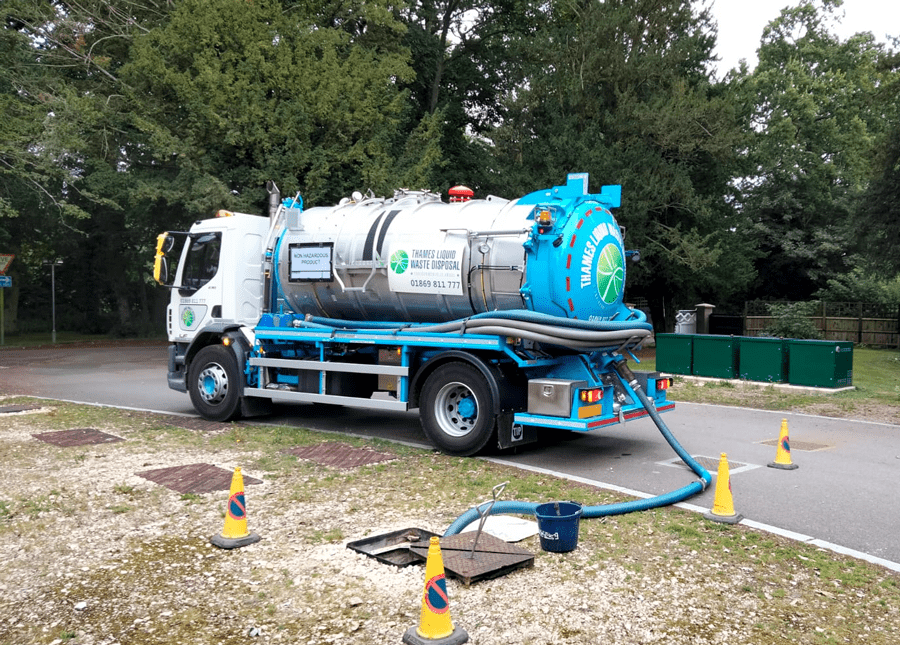Indicators on Reclaim Waste You Need To Know
Indicators on Reclaim Waste You Need To Know
Blog Article
Getting My Reclaim Waste To Work
Table of ContentsNot known Details About Reclaim Waste Reclaim Waste Can Be Fun For EveryoneSome Known Incorrect Statements About Reclaim Waste The Reclaim Waste StatementsReclaim Waste Can Be Fun For Everyone
Explore the types, occurrences, and forms of liquid waste. Domestic sewage waste refers to the waste and items from a property sewage-disposal tank. This sort of waste is created by people in homes, institutions, and various other buildings. This only includes septic tanks that have a drain field. The proper management and disposal of domestic sewer waste need liquid waste to be transferred to a sewer treatment plant where the appropriate approaches and tools are put on cleanse and get rid of waste.
Industrial waste typically includes possible dangers, such as flammable products or a mix of fluid and solid waste products, and needs an advanced and thorough disposal process. The disposal of industrial waste normally includes the purification of waste before transport to make certain risk-free and correct disposal. Hazardous waste is created from byproducts and runoff of commercial processes and manufacturing.
This sort of waste can not use the exact same sewage management transport or processes as septic or industrial fluids. The commercial waste administration procedure calls for the evaluation and screening of liquid waste before it undergoes the disposal procedure (industrial wastewater treatment). Drainage waste is the fluid waste that originates from overflow and excess stormwater in highly booming areas or cities
Drainage waste can trigger contamination and flooding if not managed appropriately. Learn more about sewage system cleansing and waste monitoring. Making sure appropriate waste monitoring can stop disasters and minimize ecological harm. Both people in residential settings and experts in commercial or manufacturing industries can gain from comprehending the procedures and laws of liquid waste management.
Reclaim Waste for Beginners
Contact PROS Solutions today to learn more about our waste administration and disposal solutions and the proper ways to take care of the fluid waste you create.
(https://www.goodreads.com/user/show/183557660-leon-aube)Do you recognize what occurs to your water when you pull the plug, purge the commode or drain pipes the washing maker? No? Well, it's worth knowing. This supposed 'wastewater' is not only a vital resource but, after treatment, will be launched to our land, waterways or the sea. Made use of water from commodes, showers, bathrooms, kitchen area sinks, washings and industrial processes is called wastewater.

water used to cool machinery or tidy plant and tools). Stormwater, a type of wastewater, is overflow that flows from agricultural and city locations such as roof coverings, parks, gardens, roadways, paths and rain gutters into stormwater drains pipes, after rainfall. Stormwater moves untreated straight to neighborhood creeks or rivers, eventually reaching the ocean.
Some Known Details About Reclaim Waste
In Queensland, the majority of wastewater is treated at sewage treatment plants. Wastewater is carried from domestic or commercial websites via a system of drains and pump stations, referred to as sewage reticulation, to a sewer therapy plant. Local federal governments construct, keep and run most sewage therapy plants. Operators are licensed under the Environmental Protection Act 1994 to discharge cured wastewater at visit our website an acceptable ecological standard into rivers.
The Division of Natural Resources recommends city governments concerning handling, operating and maintaining sewage systems and treatment plants. In unsewered areas, city governments might require homeowners to install specific or house sewage treatment systems to treat domestic wastewater from toilets, cooking areas, restrooms and washings. The Department of Natural Resources authorises making use of home systems when they are confirmed to be reliable.
Many stormwater obtains no therapy. In some new neighborhoods, treatment of some stormwater to eliminate litter, sand and crushed rock has actually begun using gross toxin traps. Wastewater therapy takes place in four phases: Eliminates solid matter. Larger solids, such as plastics and various other items wrongly discharged to sewage systems, are removed when wastewater is passed through displays.
Makes use of small living microorganisms understands as micro-organisms to break down and remove continuing to be dissolved wastes and fine bits. Micro-organisms and wastes are incorporated in the sludge.
Some Known Questions About Reclaim Waste.
Nutrient removal is not available at all sewer therapy plants since it requires costly specialist tools. Clear liquid effluent produced after therapy may still consist of disease-causing micro-organisms - liquid waste disposal.

This usually means wastewater has actually to be treated or pollutants gotten rid of prior to it can be released to waterways. A lot of wastewater streams right into the sewerage system. Under the Act, city governments carry out approvals and permits for eco pertinent tasks (Ages) entailing wastewater launches that might have a regional influence. The department administers approvals and licences to Ages involving wastewater launches that may have a regional or statewide effect.
10 Easy Facts About Reclaim Waste Shown
Otherwise, examples are taken for research laboratory evaluation. Frequently numerous examinations are needed to establish the levels of each of the various toxins such as oils, heavy steels and chemicals in water. Surveillance gives factual details about water top quality and can verify that permit conditions are being met. The information obtained via surveillance gives the basis for making water top quality decisions.
Report this page